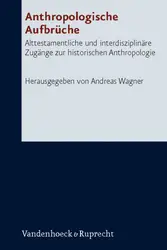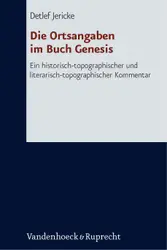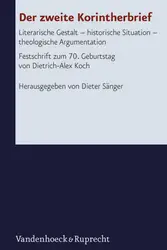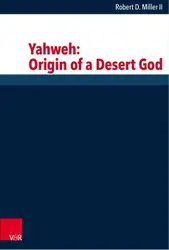The Hebrew Bible is the product of scribes. Whether copying, editing, conflating, adapting, or authoring, these ancient professionals were responsible for the various text designs, constructions and text-types that we have today. Sheree Lear seeks to investigate the many practices employed by ancient scribes in literary production, or, more aptly, scribal composition. Using Malachi as a test-case, three autonomous yet complementary chapters will illustrate how investigating the text as the product of scribal composition can yield new and important insights. Chapter 2: Mal 2.10-16 focuses on a particularly difficult portion of Malachi (2.10-16), noting patterns amongst the texts reused in the pericope. These patterns give information about the ancient scribe's view of scripture and about his communicative goal. Chapter 3: Wordplay surveys Malachi for the implementation of different types of the wordplay. The chapter demonstrates how a poetic feature such as wordplay, generally treated as a synchronic element, can also have diachronic implications. Chapter 4: Phinehas, he is Elijah investigates the reception of Malachi as a finished text. By tracing backwards a tradition found throughout later Jewish literature, it is evident that the literary techniques employed by the composer made his text successfully communicative.

Anthropologische Aufbrüche : Alttestamentliche und interdisziplinäre Zugänge zur historischen Anthropologie
book
Die Ortsangaben im Buch Genesis : Ein historisch-topographischer und literarisch-topographischer Kommentar
Detlef Jericke
book
Der zweite Korintherbrief : Literarische Gestalt - historische Situation - theologische Argumentation. Festschrift zum 70. Geburtstag von Dietrich-Alex Koch
book
Zwischen Landnahme und Königtum : Literarkritische und redaktionsgeschichtliche Untersuchungen zum Anfang und Ende der deuteronomistischen Richtererzählungen
Friedrich-Emanuel Focken
book
Philo von Alexandrien : Denkender Glaube – Eine Einführung
Otto Kaiser
book
The Meaning of the Letter of Aristeas : In light of biblical interpretation and grammatical tradition, and with reference to its historical context
Ekaterina Matusova
book
Writing a Commentary on Leviticus : Hermeneutics – Methodology – Themes
book
Imperial Visions : The Prophet and the Book of Isaiah in an Age of Empires
book
The Synagogue in Ancient Palestine: Current Issues and Emerging Trends
book
Macht und Weisheit : Untersuchungen zur politischen Anthropologie in den Erzählungen vom Absalomaufstand
Friederike Schücking-Jungblut
book
"Wie die Verwundeten ‒ derer du nicht mehr gedenkst" : Zur Phänomenologie des Traumas in den Psalmen 22, 88, 107 und 137
Nikolett Móricz
book
Yahweh: Origin of a Desert God
Robert D. Miller Miller
book

